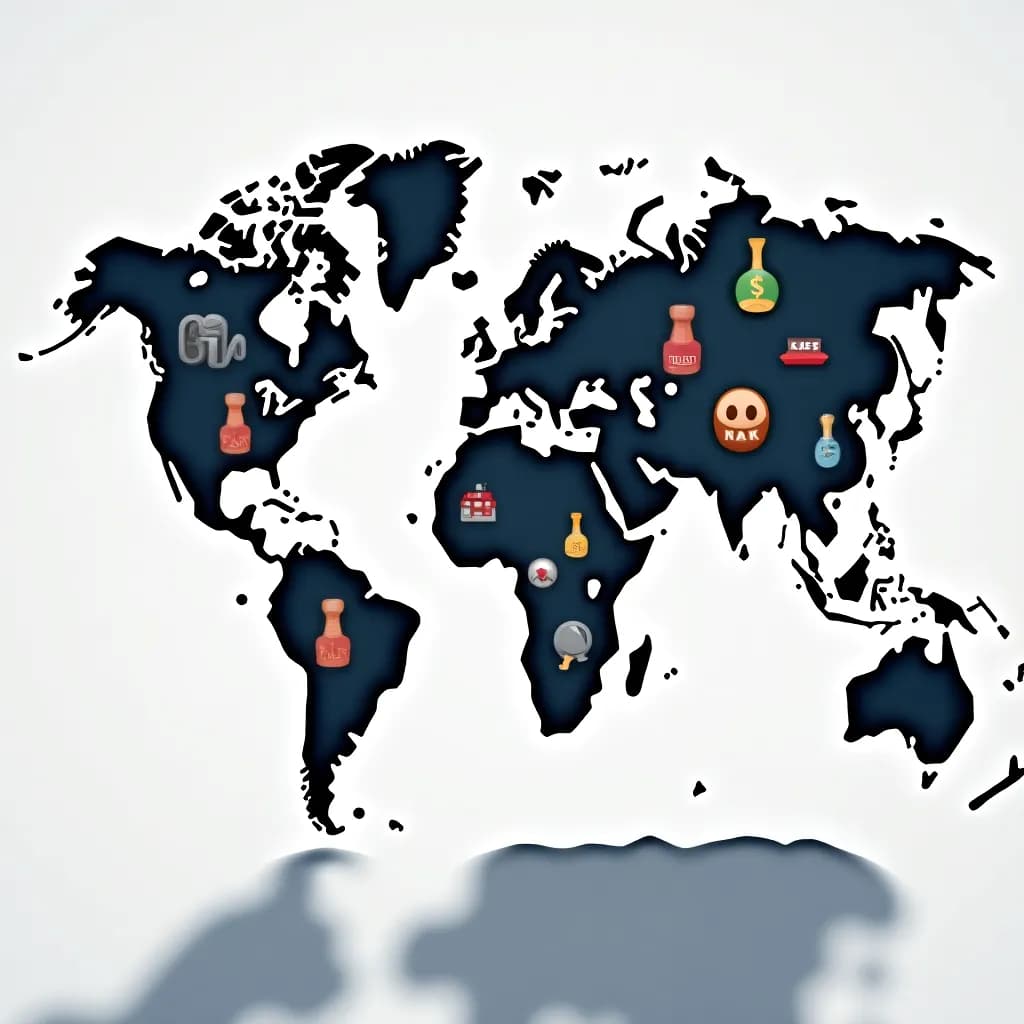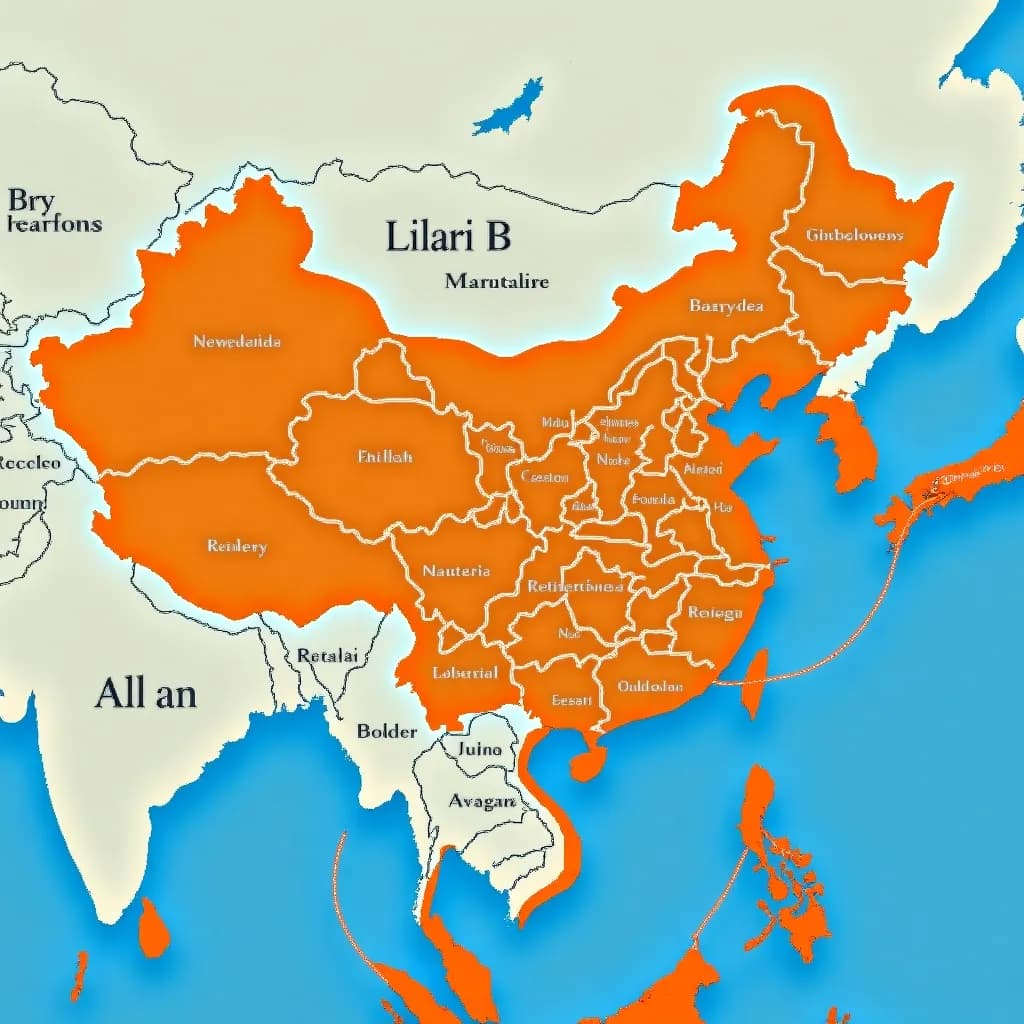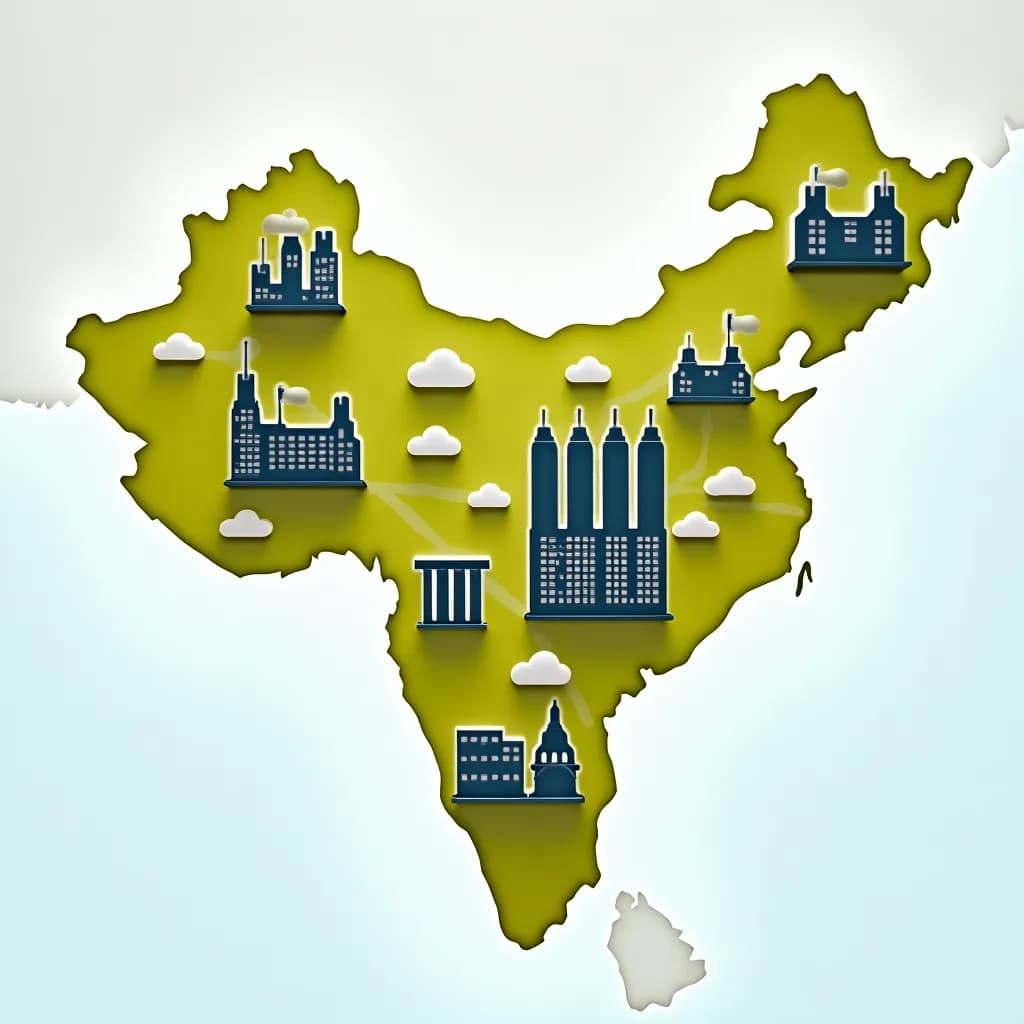Introduction
In an era marked by unprecedented globalization and interconnectedness, understanding the nuances of international politics is more crucial than ever. In this article, we delve into a comprehensive analysis of current global issues through the lens of an exclusive interview with Dr. Emily Carter, a renowned political analyst and professor of International Relations. Her insights provide a balanced perspective on pressing international matters, offering readers a deeper understanding of the global political landscape.
Understanding the Current Geopolitical Climate
The geopolitical climate is continually evolving, influenced by a complex web of factors ranging from economic policies to military engagements. According to Dr. Carter, "The current geopolitical climate is defined by a multipolar world where power is distributed among several nations, unlike the bipolar world of the Cold War era, dominated by the United States and the Soviet Union."
She highlights three pivotal areas shaping today's international politics:
- Economic Interdependence: Global economies are more connected than ever, and economic interdependence is both a stabilizing force and a point of contention.
- Technological Advancements: The rapid pace of technological change is impacting everything from cybersecurity to the global workforce.
- Environmental Challenges: Climate change is a growing concern, pushing nations to collaborate despite political differences.
Interview Insights: Key International Issues
In our interview, Dr. Carter emphasized several key international issues that stand at the forefront of global politics today. She states that "Navigating these issues requires a nuanced understanding of both historical context and current dynamics."
The Rise of China
China's ascent as a global power is perhaps one of the most significant developments in recent decades. Dr. Carter points out, "China's Belt and Road Initiative is reshaping global trade routes, forging new alliances, and challenging the traditional dominance of Western powers."
According to the World Bank, China's GDP grew by 8.1% in 2021, underscoring its economic might. However, this growth has been accompanied by increasing tensions, particularly with the United States, over issues like trade and technology.
The Russia-Ukraine Conflict
The ongoing conflict between Russia and Ukraine remains a critical issue. Dr. Carter notes, "The conflict has significant implications for European security and NATO's role in the region."
Data from the United Nations shows that the conflict has led to severe humanitarian consequences, with millions displaced and a rising number of casualties. The international community continues to grapple with the appropriate response, balancing sanctions with diplomatic efforts.
Middle East Dynamics
The Middle East remains a focal point of international politics, with complex issues ranging from the Iran nuclear deal to the Syrian civil war. "The region's strategic importance and resource wealth make it a hotspot for geopolitical rivalry," Dr. Carter explains.
Recent developments, such as the Abraham Accords, have shifted alliances, offering new opportunities for peace and collaboration in the region. However, longstanding conflicts continue to pose significant challenges.
Conclusion
As we navigate this complex international landscape, it is imperative to adopt a balanced and informed approach. Dr. Carter's insights underline the importance of understanding the historical and geopolitical context behind current events. "In a world where global issues are increasingly interconnected, collaboration and dialogue are essential to addressing the challenges we face," she concludes.
This analysis, enriched by expert perspectives, serves as a guide for readers seeking to comprehend the intricacies of international politics. As we continue to observe these global developments, staying informed and engaged remains more important than ever.







